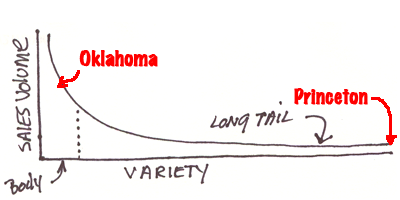“The Internet (is) God’s central nervous system, connecting all the thinking humans, so that one good thought anywhere could be available everywhere. The head would know what the feet were feeling. It would be an upper consciousness, above what the human beings that composed it would understand.” (Pg.151)
“God is everything, all the matter and empty space that now exists, or ever will exist. He expresses his preference in the invisible workings of gravity, probability, and ideas. God is that which is unstoppable, permanent, all-powerful, and by its own standards perfect. God was in no hurry. He was reforming. He didn’t think in the way that humans do, as that is unnecessary for an entity whose preferences are identical to reality. Humans think in order to survive and entertain themselves. God has no need for a tool that is useful only to the frail and unsatisfied.” (Pg. 177)
“You’re a collection of molecules and those molecules are made of smaller bits, and those bits are made of even smaller bits. The smallest bits in the universe are all identical. You are made of the same stuff as the concrete in the floor and the fly on the window. Your basic matter cannot be created or destroyed. All that will survive of what you call you life is the sum of your actions. Some might call the unending ripple effect of those actions a soul, or a spirit.”
“Consciousness is a feedback loop. It has four parts: You imagine the impact of your actions, then you act, then you observe the actual result of your action, then you store that knowledge in your brain and begin again to imagine the next thing.” (pg 31)
Excerpts from The Religion War, by Scott Adams

 In the mid-90’s (
In the mid-90’s (
 My friend Henry Domke has produced and posted the first Prairie Garden Trust Podcast. Friends and supporters of
My friend Henry Domke has produced and posted the first Prairie Garden Trust Podcast. Friends and supporters of